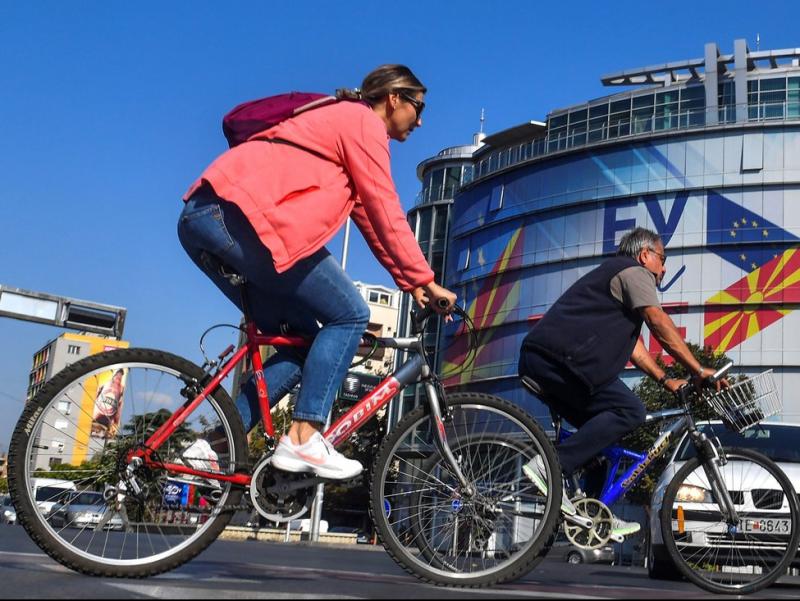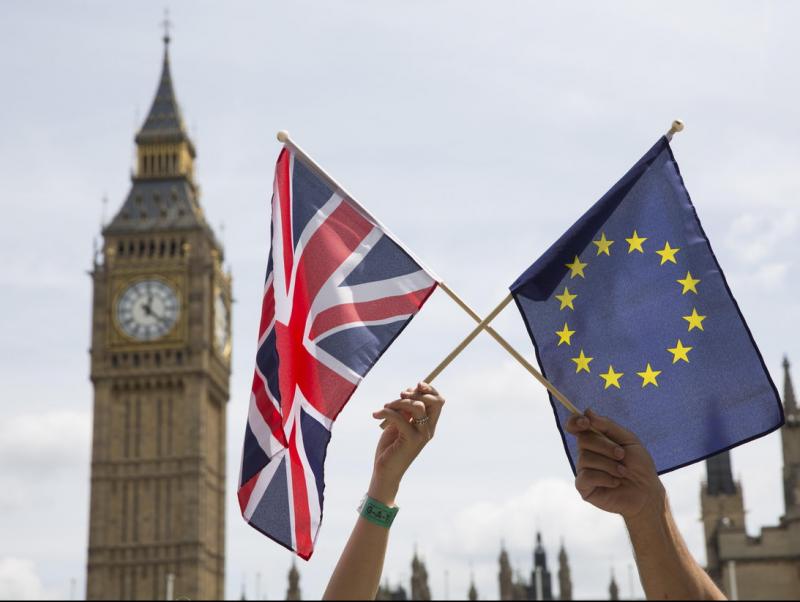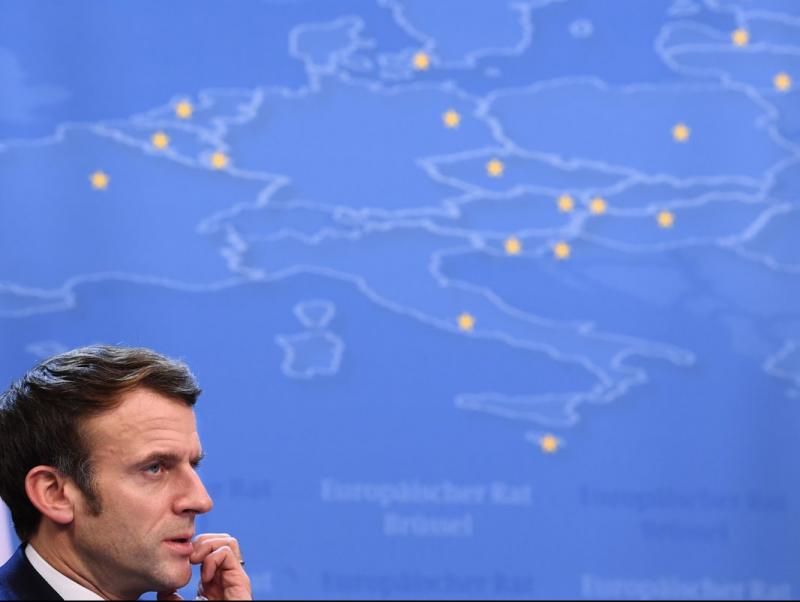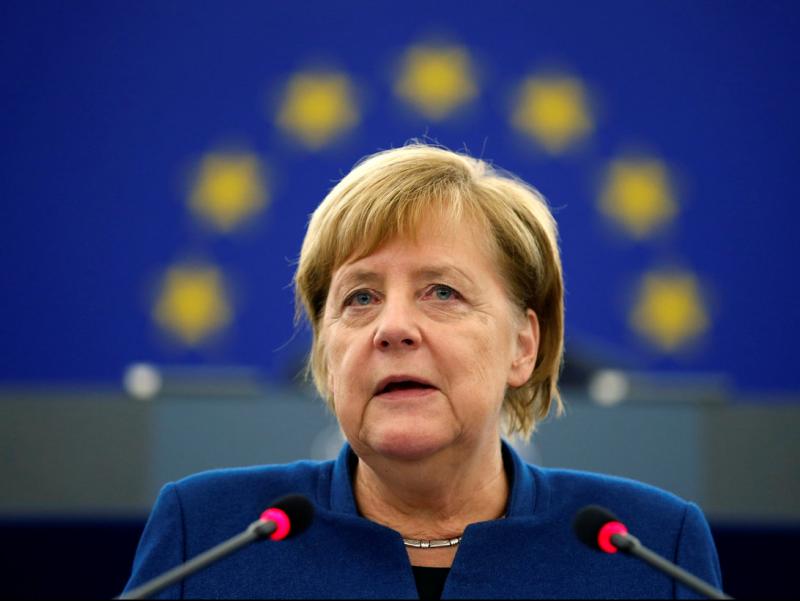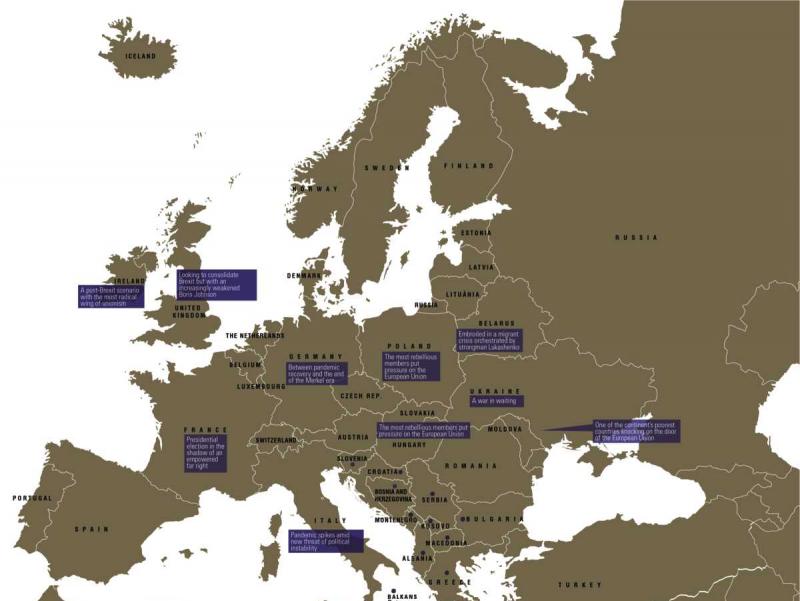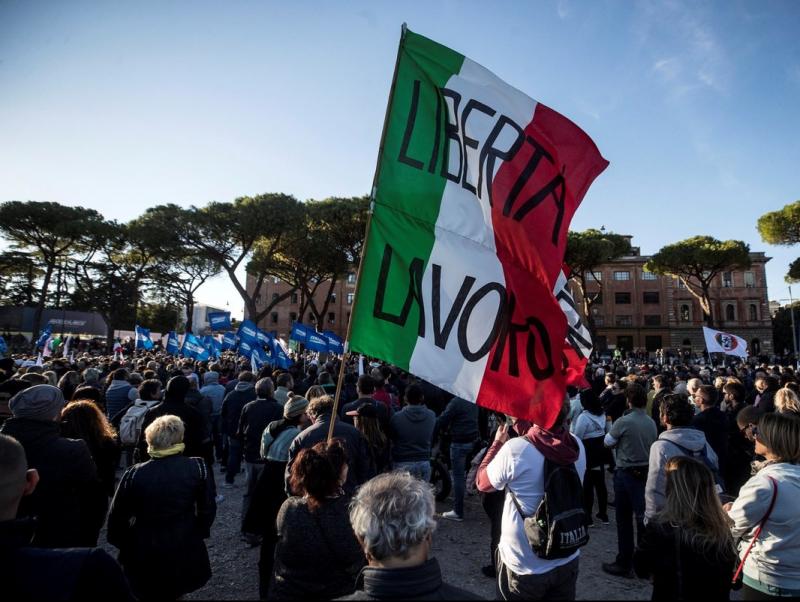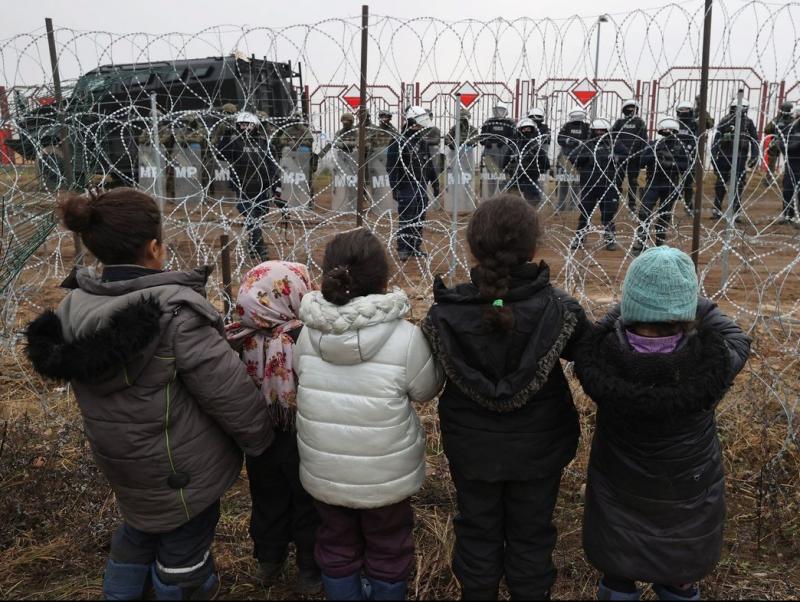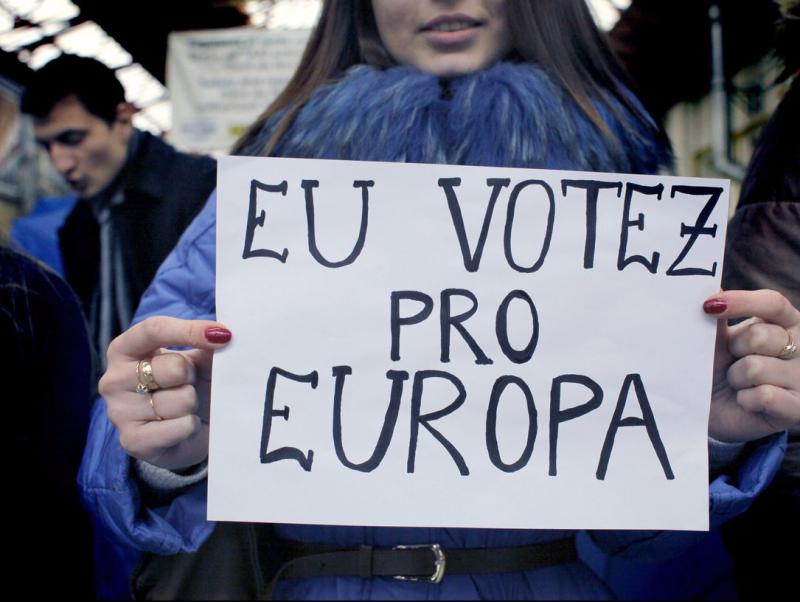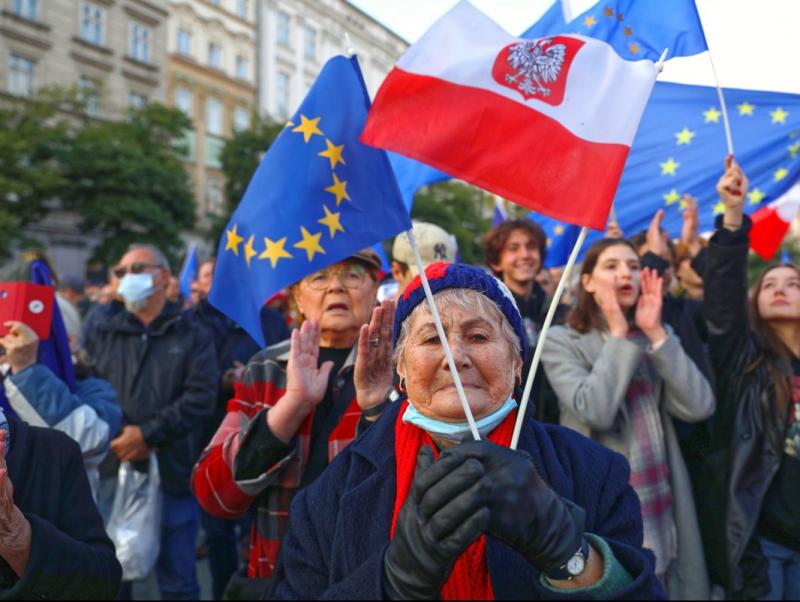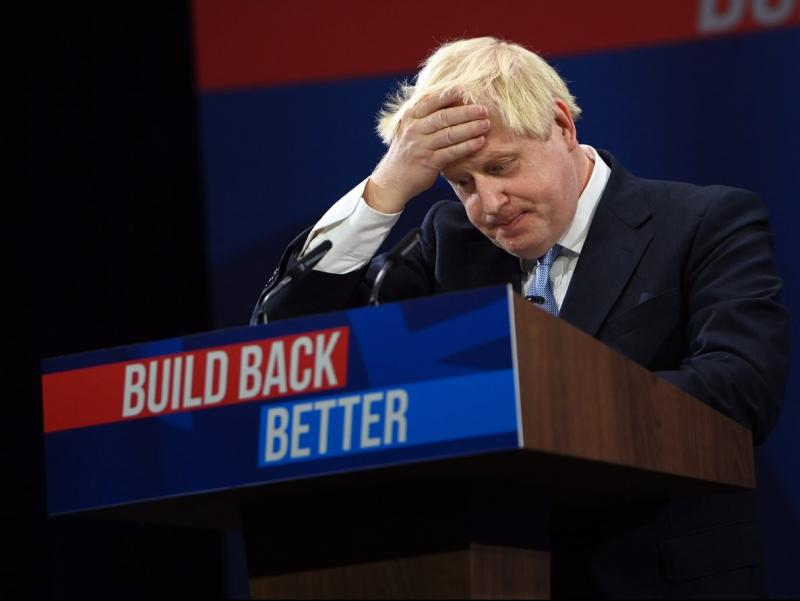A post-Brexit scenario with the most radical wing of unionism
Ireland faces new challenges in the second year of Brexit, while changes in economic policy could be a headache for the government
After a hard start due to implementation of the new post-Brexit trade rules, the UK’s exit from the EU will continue to pose challenges for Ireland in 2022. Early last year, the new economic relationship between the UK and the EU was set to begin, governed by the 2020 Trade and Cooperation Agreement, and the Withdrawal Agreement of 2019, which included the controversial Northern Ireland Protocol.
Yet this instrument, designed to keep the border between the two parts of Ireland open, and which is key to their economies and the peace process, imposes customs controls in ports for goods arriving in Ulster from the UK mainland and new bureaucratic burdens that have led to a shortage of products in the region and new political tensions. Given the difficulties of implementing the new economic regime, London has chosen to delay the implementation of controls on certain products for a year. These changes have upset the Northern Ireland Unionists – represented by the DUP – because they are among the most hardline Brexiters and advocate implementation of the original agreement.
The DUP is facing a key year in maintaining its position as the main party in Ulster, especially in a region that voted by a majority (56%) against leaving the EU. At the same time, Sinn Féin, the former political wing of the IRA that supports Ireland’s reunification, could become the most voted party in Ulster’s history.
In addition to the challenges posed by Brexit, the Irish government is facing a major change in its low-tax policy, which has brought many benefits to the country since 2003 by attracting multinationals, especially in technology. This economic policy has helped transform the island from being mostly agricultural to becoming a technological hub, hosting global companies like Google, Apple and Ebay.
Yet this policy has come to an end. In October, Dublin agreed to join the OECD’s international agreement on taxation and to raise its corporate tax from the current 12.5% to 15%. With this change, the Irish government expects to lose two billion euros in revenue, although it hopes to make up for it with increased trade with Northern Ireland. It is also confident of maintaining its high GDP growth rate, estimated at between 4% and 5% in 2022, thanks to factors such as rising exports and the boost in domestic demand following the end of lockdowns and the high vaccination rate, which stands at more than 90% of adults. It is also hoped that tourism will begin to recover after two years of pandemic.
feature european union


